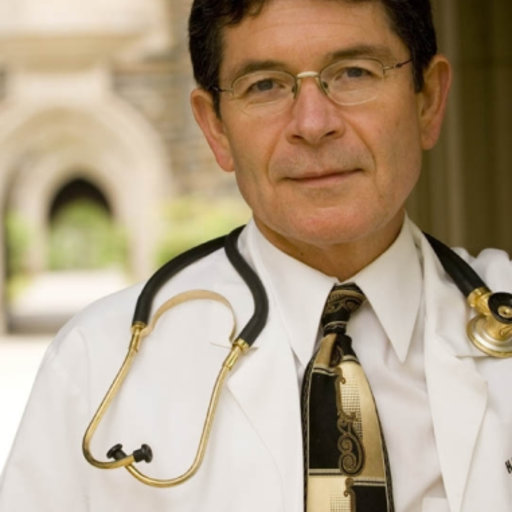
Professor Harold G. Koenig, M.D., M.H.Sc.
Dr. Koenig is Professor of Psychiatry and Associate Professor of Medicine at Duke University Health Systems (Durham, North Carolina, USA) and Adjunct Professor in the Division of Psychiatry in the Department of Medicine at King Abdulaziz University (Jeddah, Saudi Arabia), as well as Visiting Professor, Department of Psychiatry, at Shiraz University of Medical Sciences (Shiraz, Iran), and formerly Adjunct Professor in the School of Public Health at Ningxia Medical University, Yinchuan (People’s Republic of China).
Dr. Koenig received his undergraduate education at Stanford University, his medical school training at the University of California, San Francisco, his geriatric medicine and psychiatry training, and his Master of Health Sciences in biometry from Duke University. He is board certified in general psychiatry, and formerly board-certified in family medicine, geriatric medicine, and geriatric psychiatry. He has published nearly 600 scientific peer-reviewed academic articles and has written more than 100 book chapters and 57 books. He has given testimony before the U.S. Senate (1998) and U.S. House of Representatives (2008) on religion and public health. Dr. Koenig is recipient of the Oskar Pfister Award (2012) in psychiatry and the Gary Collins Award (2013) and Frank Minirth Award (2021) for excellence in psychiatry and behavioral medicine.
He is the Editor-in-Chief of the International Journal of Psychiatry in Medicine (Sage) and lead author of the textbook for clinicians called Handbook of Religion and Health (3rd ed, 2023 Oxford University Press). Dr. Koenig was co-leader of the 2022 Professional Development Training Course (PDTC) for chaplains and military leaders in the U.S. Navy, Marine Corps, and Coast Guard across military bases worldwide. The purpose of his current work is to help build and sustain readiness among military personnel. Dr Koenig frequently gives presentations to the U.S. Army and U.S. Air Force on issues concerning PTSD moral injury and suicide prevention.
